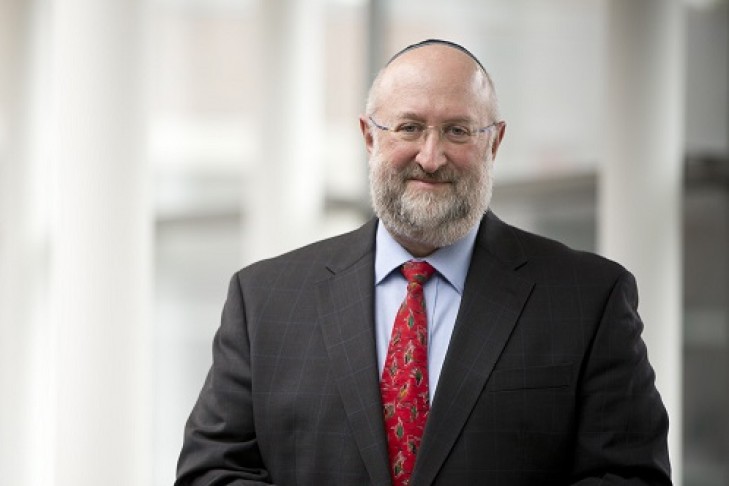Last week’s horrible attacks in Germany hit me harder than usual since I just recently returned from a one-week trip to Germany with a group of Boston area rabbis. The trip, entitled Remembrance and Hope, was sponsored by the German Consulate in Boston and was the first trip planned by the Consulate specifically to bring a cohort of rabbis to meet with leaders of Jewish community organizations, government offices, and NGOs in Germany. Ralf Horlemann, the current German Consul General in Boston traveled everywhere with us and served as a most generous, sensitive and insightful host. Here is a link to a summary of our trip on the German consulate website.
My father was born and spent the first 8 years of his life in Leipzig, Germany. I have visited Germany and various family sites and graves in years past, but it was quite different to travel to Germany with rabbinic colleagues, most of whom I did not know well before the trip, sponsored by the German government. We were able to get to know one another in the context of exploring a German past and a present that generated deep questions and conversations.
We flew into Munich and spent two days there. We toured the Dachau concentration camp, met with Jewish community representatives, visited Jewish institutions, learned about the Stolpersteine (stumbling stone) project , and visited the memorial to the murdered Israeli Olympic athletes.
After our brief but informative Munich experience, we were whisked away to Berlin where we also toured memorial sites, visited Jewish institutions and organizations, toured several once thriving Jewish neighborhoods, visited a refugee facility, and spent Shabbat in local synagogues.
Many of us were struck by the conscious effort to remember the atrocities of the Holocaust in public spaces and events, school curricula, and even government policies. There is a struggle with the Nazi past that is palpable and powerful, if not universal, in German society.
In addition, we were fascinated by the very different way in which German Jewry is organized. There is a greater democratic structure to their Jewish communal life (financial as well as political) and we were there in the immediate aftermath of Jewish communal leadership elections in Munich and Berlin with the controversies that often surround such high-stake elections.
Perhaps one of the most powerful moments was our meeting with a Syrian refugee who escaped Aleppo with his family after his home was destroyed by bombs dropped by the Syrian regime. He showed me a video on his phone recording his family including his young children clinging to inner tubes on the small, rubber boat crossing the sea from Turkey to Greece. It was incredible to think about this Syrian Muslim man sharing this experience with me, a Rabbi from Boston, as part of an encounter in a German refugee facility outside of Berlin.
My son, Hillel, met us in Berlin and spent Shabbat with us. On Sunday, as my colleagues and friends flew back to Boston, Hillel and I drove to Leipzig to visit the tombstone of my great grandparents, see where my father’s family lived, and connect to our German Jewish past. It was Hillel’s first time in Leipzig, and I felt that it was important for the next generation to experience the place where my father, who passed away 16 years ago, spent his early years before escaping to France, Brazil, and finally the U.S. Germany today is such a different place then it was in my father’s childhood, and we need to appreciate the profound changes that give us hope as we remember the evil that so swiftly and completely engulfed German society. Remembrance and Hope was indeed an appropriate and meaningful title of our trip.
(Part 1 of 2) Rabbi Daniel Lehmann is President of Hebrew College.
This post has been contributed by a third party. The opinions, facts and any media content are presented solely by the author, and JewishBoston assumes no responsibility for them. Want to add your voice to the conversation? Publish your own post here. MORE

